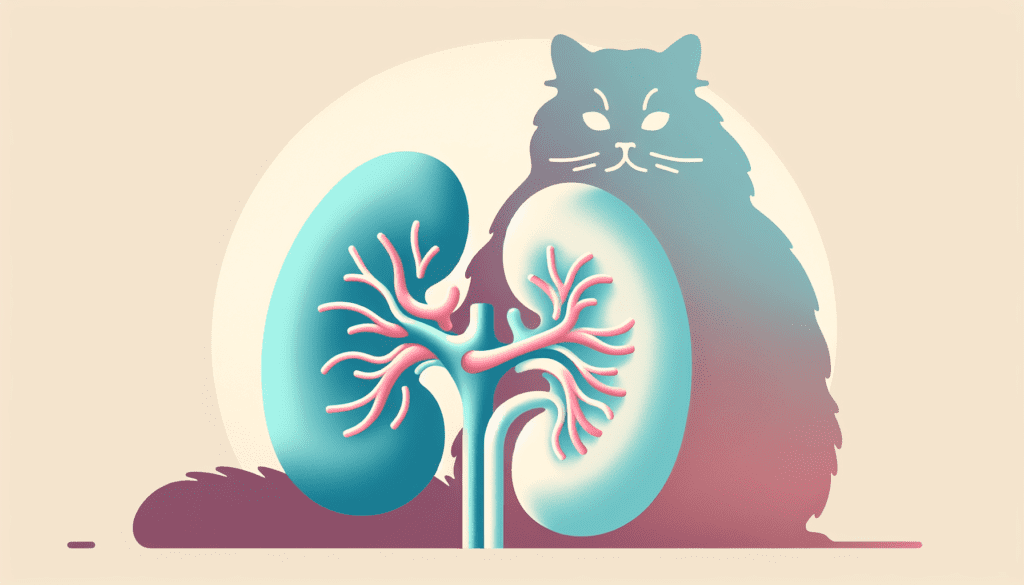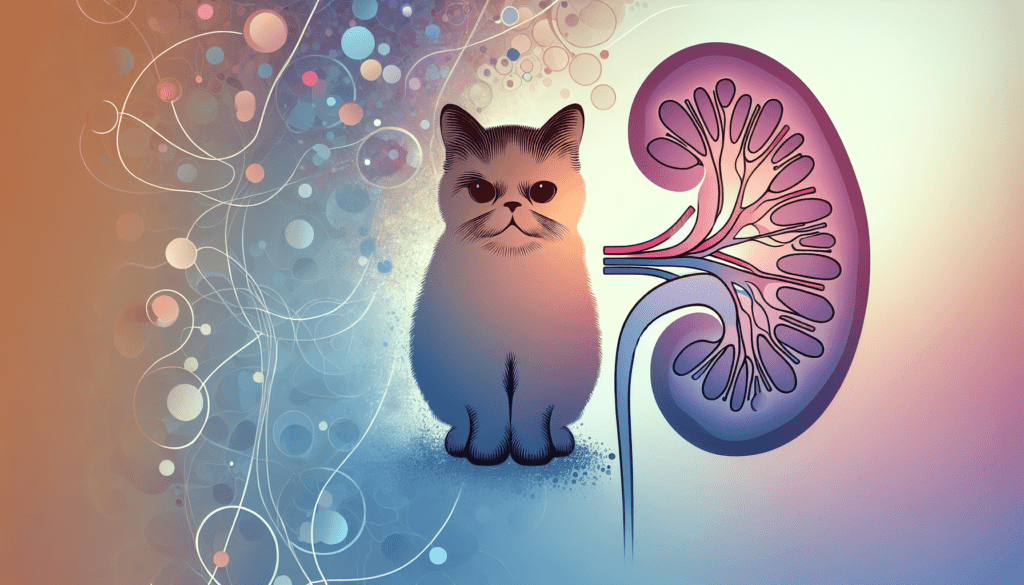Welcome to an informative article discussing possible causes for abnormal kidneys in Persian cats. Persian cats are known for their luxurious coats and sweet personalities, but sometimes their kidneys may not look normal. Various factors such as genetics, diet, and underlying health conditions can contribute to kidney abnormalities in these beloved feline companions. By understanding these potential causes, you can better care for your Persian cat’s kidney health and overall well-being.
Possible Causes for Abnormal Kidneys in Persian Cats
Have you noticed that your Persian cat’s kidneys don’t look quite right? Let’s explore some possible reasons for this abnormality and what you can do to help your feline friend.


Understanding the Role of Kidneys in Persian Cats
Before diving into the possible causes of abnormal kidneys in Persian cats, let’s first understand the crucial role these organs play in your pet’s overall health. The kidneys are responsible for filtering waste products from the blood, regulating fluid balance, and maintaining electrolyte levels in the body. In Persian cats, as with all felines, kidney health is vital for proper functioning and well-being.
Common Health Issues in Persian Cats
Persian cats are known for their luxurious coats and sweet personalities, but they are also prone to certain health issues, including kidney problems. Some of the most common health issues seen in Persian cats include:
- Polycystic kidney disease
- Chronic kidney disease
- Urinary tract infections
- Kidney stones
- Dehydration
Understanding these common health issues can help you better identify potential causes for abnormal kidneys in your Persian cat.
Polycystic Kidney Disease (PKD)
Polycystic kidney disease is a genetic condition that causes fluid-filled cysts to form in the kidneys. This inherited condition is more common in Persian cats than in other breeds. As these cysts grow in size and number, they can interfere with the kidney’s ability to function properly, leading to abnormal kidney appearance.
If you suspect that your Persian cat may have PKD, it is essential to consult with your veterinarian for a proper diagnosis and treatment plan. Management of PKD often involves medication to help control symptoms and support kidney function.
Chronic Kidney Disease (CKD)
Chronic kidney disease is a progressive condition that occurs when the kidneys lose their ability to function over time. This disease is more prevalent in older cats, including Persian breeds. Cats with CKD may experience a decline in kidney function, leading to abnormal kidney appearance and potentially other health issues.
If your Persian cat is diagnosed with CKD, your veterinarian may recommend a combination of medication, dietary changes, and lifestyle modifications to help slow the progression of the disease and improve your cat’s quality of life.


Urinary Tract Infections
Urinary tract infections (UTIs) are common in cats, including Persian breeds. These infections can affect the kidneys and cause inflammation, leading to abnormal kidney appearance. Symptoms of a UTI in cats may include frequent urination, straining to urinate, blood in the urine, and changes in litter box habits.
If you suspect that your Persian cat has a UTI, it is essential to seek veterinary care promptly. Your veterinarian can perform diagnostic tests, such as urine analysis and bacterial cultures, to confirm the infection and prescribe appropriate antibiotics to treat the condition.
Kidney Stones
Kidney stones, also known as renal calculi, can develop in the kidneys of cats, causing pain and discomfort. Persian cats may be at a higher risk for developing kidney stones due to their unique dietary and genetic factors. These stones can interfere with kidney function, leading to abnormal kidney appearance and potential complications.
If you suspect that your Persian cat has kidney stones, it is crucial to consult with your veterinarian for a proper diagnosis and treatment plan. Treatment of kidney stones may involve dietary changes, medication, and in severe cases, surgical intervention to remove the stones.
Dehydration
Dehydration occurs when the body loses more fluids than it takes in, leading to a lack of proper hydration. Persian cats may be prone to dehydration due to their long fur, which can make grooming challenging, especially in warmer climates. Dehydration can impact kidney function and appearance, leading to potential health issues.
To prevent dehydration in your Persian cat, make sure to provide fresh water daily, groom your cat regularly, and monitor their water intake. If you suspect that your cat is dehydrated, consult with your veterinarian for guidance on proper hydration methods and potential treatment options.
Tips for Maintaining Kidney Health in Persian Cats
Now that we’ve explored some possible causes for abnormal kidneys in Persian cats, here are some tips to help maintain kidney health in your feline friend:
- Provide fresh water daily and encourage your cat to drink regularly.
- Feed a balanced and appropriate diet for your cat’s age, breed, and health needs.
- Monitor your cat’s litter box habits for changes in urine frequency, color, or odor.
- Schedule regular veterinary check-ups to monitor kidney function and overall health.
- Keep your cat’s environment clean and stress-free to promote well-being.
By following these tips and staying proactive about your Persian cat’s kidney health, you can help prevent potential issues and ensure a happy and healthy life for your beloved pet. Remember, early detection and intervention are key to managing kidney problems in cats, so stay vigilant and attentive to your cat’s well-being.
Conclusion
In conclusion, abnormal kidneys in Persian cats can be caused by a variety of factors, including genetic conditions, chronic diseases, infections, kidney stones, and dehydration. If you notice any changes in your cat’s kidney appearance or function, it is essential to seek veterinary care promptly for a proper diagnosis and treatment plan.
By staying informed about common health issues in Persian cats, understanding the role of kidneys in feline health, and following tips for maintaining kidney health, you can help keep your furry friend happy and healthy for years to come. Your Persian cat relies on you to provide the best care possible, so be attentive and proactive in promoting their well-being.

